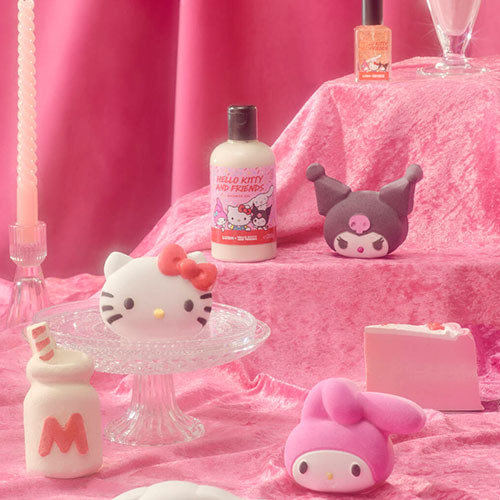Source chats to md Richard Pink about how it became one of the key UK food and beverage licensing agencies.
Richard Pink is a well-known and liked face in the licensing industry. Since setting up Pink Key Consulting (as it was originally called), he’s worked with internationally recognised brands and licensees. But things really took off three years ago when Slush Puppie approached the company to manage its European licensing programme.
Richard explains: “We then also took on Pan Am. And we’ve expanded again quite a bit this year when we started talking to the Bel Group, which is The Laughing Cow, Babybel and Boursin.
“Then we had a conversation with Unilever last year, who were looking for somebody to manage some vintage brands, and took on Brooke Bond, PG and Colman’s Mustard. So we’ve built up quite a portfolio over the past three years.”
Having previously spent 15 years at Kellogg’s – including setting up its licensing business – Richard decided his heart was in licensing and left for a stint at Entertainment Rights, before setting up Pink Key. His intention was to bridge the gap between licensing and promotions and back then, he had one client – Jane Asher – with the rest consultancy.
But over the past nine years, that model turned on its head, and now around 95% of the business is agency.
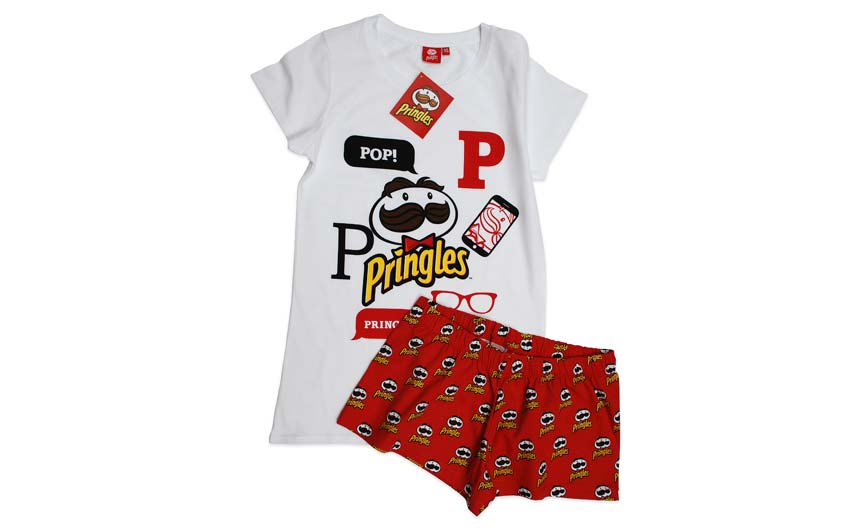
Richard explains: “The real tipping point came when I took over Kellogg’s licensing and that was because I went to them and suggested there was an opportunity to do the adult licensing using the vintage archives.”
He continues: “We made a conscious decision two years ago, that a) we’re now a licensing agency, which is why we changed the name from Pink Key Consulting to Licensing, and b) because of the portfolio we had, we were probably going to be an agency that managed food brands into non-food programmes.”
But Richard didn’t intend to work solely in that arena. He explains: “The brands where we’ve got the biggest exposure and had the most success, have been food-based brands, so they’ve had the biggest profile. I think the reason for the acquisition of so many food brands has been the fact people know that’s what we do and we do it well. It’s been a strategy that’s developed itself.”
Pink Key’s licensing business really took hold as the trend for food and beverage brands into licensed products began. Richard believes that was born out of the fashion for Levi’s t-shirts where people wanted global logos on shirts.
He says: “The idea of red on white has been a springboard for us to do Kellogg’s t-shirts. There’s also been a retail trend for food brands which have global recognition, and if that’s got an element of heritage to it, so much the better.”
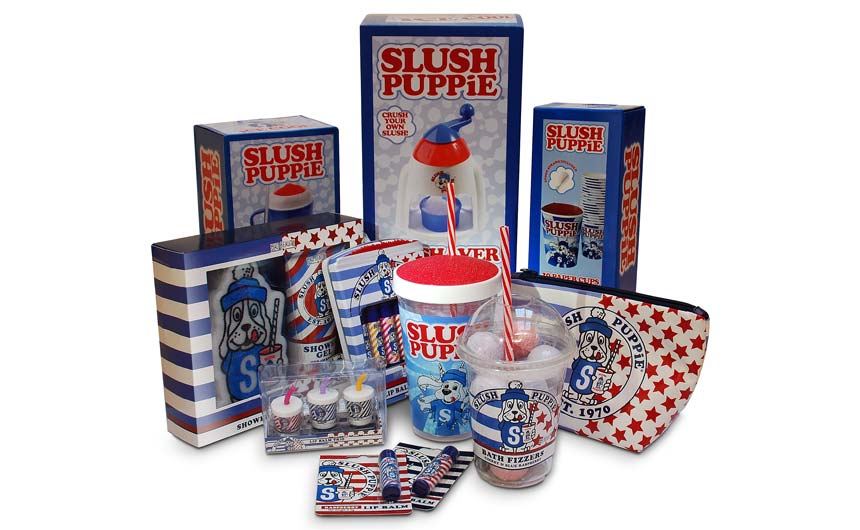
And that trend for heritage has also been key. Richard explains: “You go back to the 50s, 60s and 70s and the care and attention that went into the design of advertising was huge. That old-school care, patience and attention to detail that went into design is what’s given brands a universal quality that still works now.”
Vintage and design aspects will be the approach for new clients. Richard explains the Unilever plans: “PG is centred around tea towels, housewares and anything around tea. So expect to see things like teacups, mugs, teapots, tea sets. At the same time, because it’s a food logo, it will work on apparel and accessories.”
Meanwhile, the plan for Colman’s is to extend the mustard theme, incorporating products like mustard pots, housewares, tea towels, etc. Richard furthers: “We’ve got conversations going on with a number of potential licensees.”
For Bel Group, Pink Key is planning a distinct licensing programme together for each brand. Boursin has a strong UK heritage, centred around the core marketing about picnicking and being a summer brand, while Babybel has the fun factor and a certain aspect centred around kids.
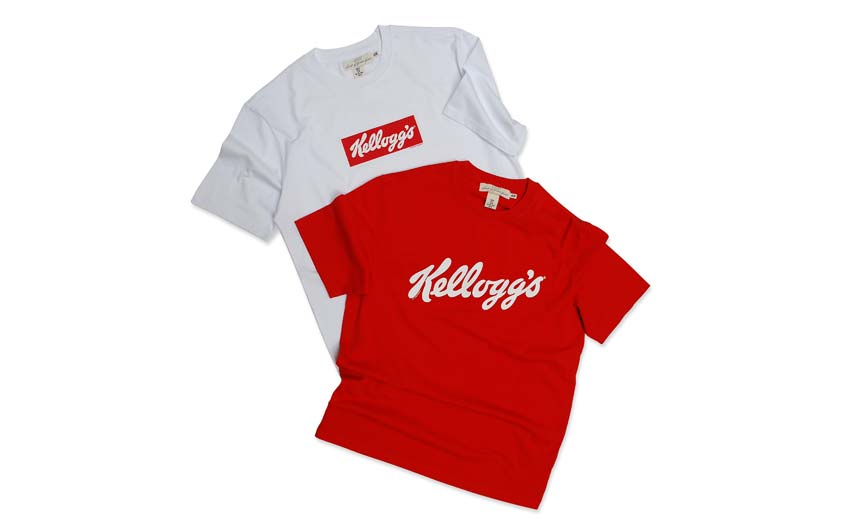
Richard continues: “Laughing Cow was the one we took on as the primary driver, even though the core product possibly isn’t the strongest in the market, as a licensing product, it works more as an art licence, because of the design of the cow. There is almost a Warhol-like connotation around what you could do with the brand and the style guide we’ve got is incredibly adaptive.”
With so many new brands, it’ll be a busy year for Pink Key Licensing, but when asked about his plans, Richard offers: “We never want to get so big that the reasons we exist disappears, which is to only take on brands where we feel we can do something. We’ve had a steady growth over the last five or six years or so, and I can see that continuing.
“I’d say we’re relatively ambitious about the company and we’re on the lookout for other brands of that ilk we can look at and see what programmes we can create.”
Richard concludes: “We see the year starting with BLE. It’s the springboard for everything we do. And I normally find myself at some point in a quiet moment, taking a step back, looking at the stand and thinking what are we about this year.” We can’t wait to find out.
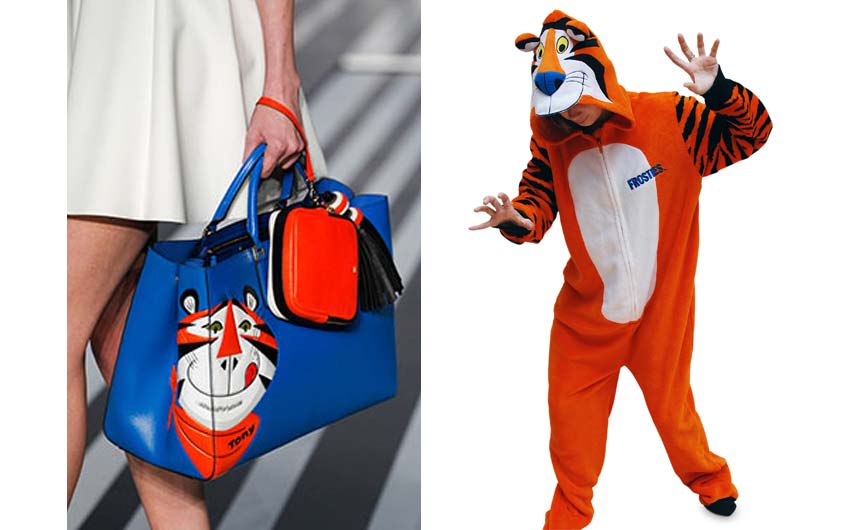
From Primark to Hindmarch
One of Richard’s favourite stories from his work at Pink Key is that on the same day that Anya Hindmarch unveiled its £1,500 Tony the Tiger tote, Primark was launching a £19.99 Tony onesie.
Richard says: “It was just extraordinary. It’s because it’s got that universal recognition. The iconic element you’ve got with Tony the Tiger and the Kellogg’s logo works at a design-led level – it’s almost a design/art licence. Whereas although you can put him on a £1,500 bag, Tony the Tiger will still work as a onesie, because he’s got that novelty factor.”
This feature originally appeared in the autumn 2019 edition of Licensing Source Book. Click here to read the full publication.



























